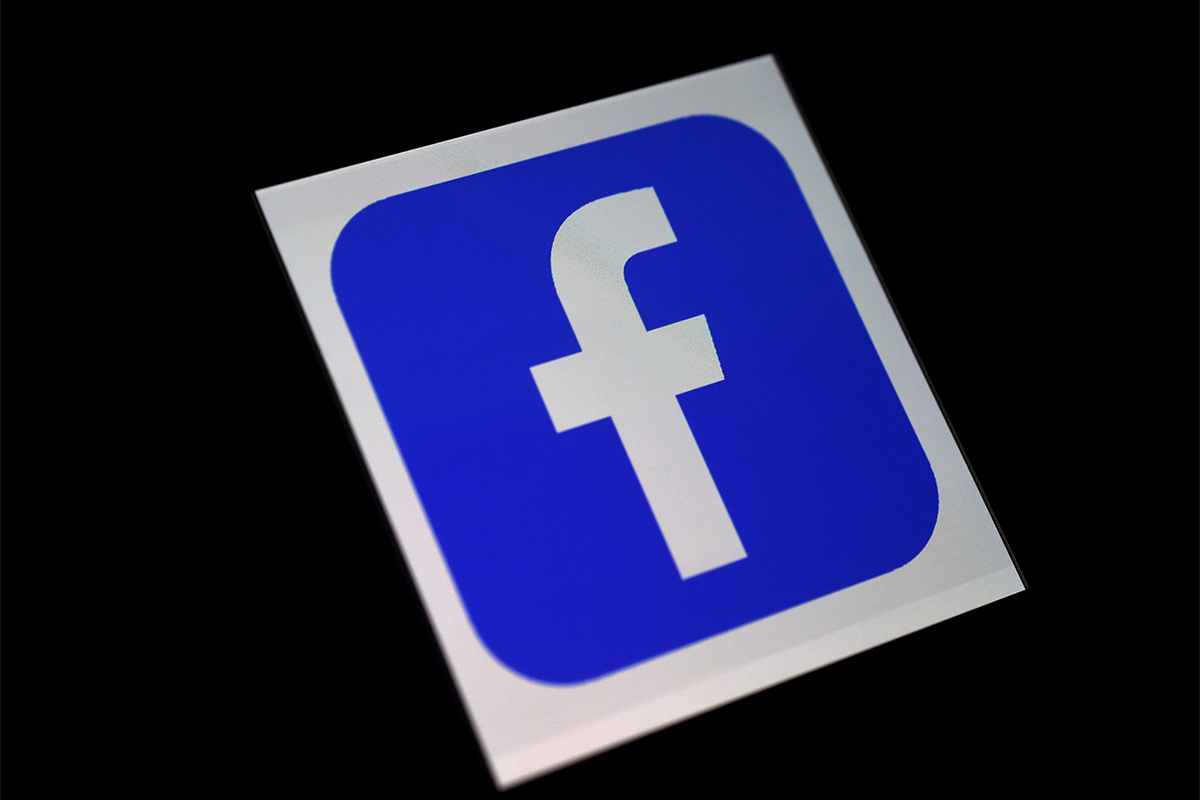Facebook on Wednesday launched a new campaign highlighting the importance of taking continued precautions to curb the spread of the Covid-19.
The campaign, #MyStory, includes 10 short films, each focusing on narrating personal and relatable stories about the impact of Covid-19 on our lives, the social media giant said in a statement.
Advertisement
The films were conceptualised as part of a behavioural change campaign with the insight that personal and relatable stories lead to “normalisation” and, in turn, greater acceptance of Covid-appropriate behaviours and vaccination.
Facebook also urges users to share their stories from the pandemic to build a sense of community from shared experiences.
“This campaign builds on how content can be leveraged to communicate the need for following Covid-19 norms and encourages people to opt for vaccines. Each of these videos has an element of human truth, mirroring day-to-day instances in a relatable manner,” Facebook Director and Head of Partnerships, Manish Chopra, said in the statement.
“People have undergone different experiences in the past year-and-a-half, and every experience is a story in itself. The idea behind #MyStory is also to encourage these people to come forward and share their stories. At a larger level, through this campaign we want to ‘normalise’ Covid-19 safety protocols and the need to get vaccinated,” he added.
For the campaign, Facebook partnered with the Bill and Melinda Gates Foundation, the Population Foundation of India, and Love Matters India.
Earlier, the social media giant had launched a tool for the health departments of states and union territories to share essential coronavirus-related updates.
It also initiated a campaign in association with some of the leading doctors of the country and included a series of 12 videos where doctors address the most commonly asked questions on Covid-19.
Further, Facebook has also rolled out a campaign to educate and inform people about how to detect misinformation related to Covid-19.
During the pandemic, the tech giant removed more than 12 million pieces of harmful misinformation on Covid-19 globally from Facebook and Instagram, including falsehoods about approved vaccines, it said.











